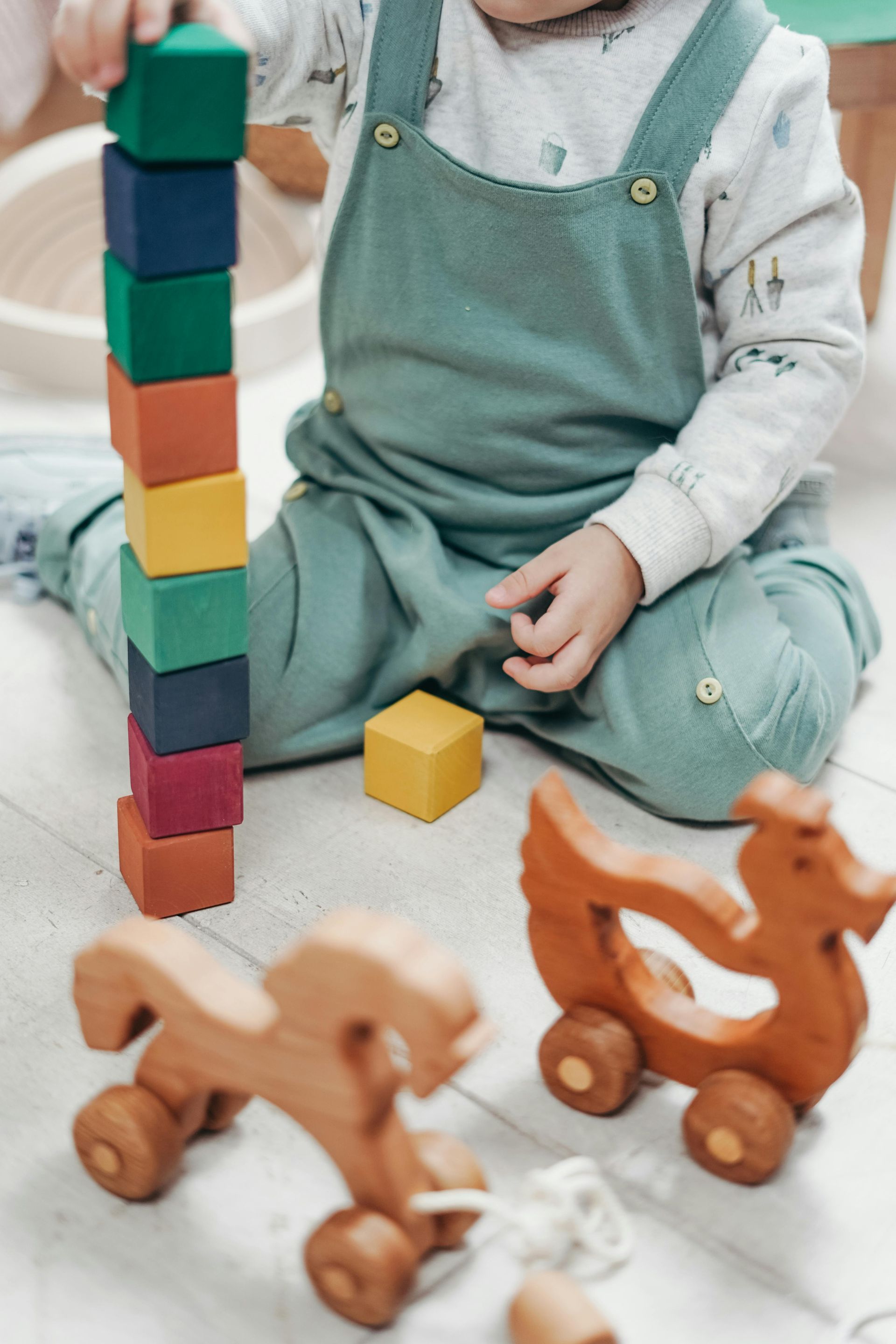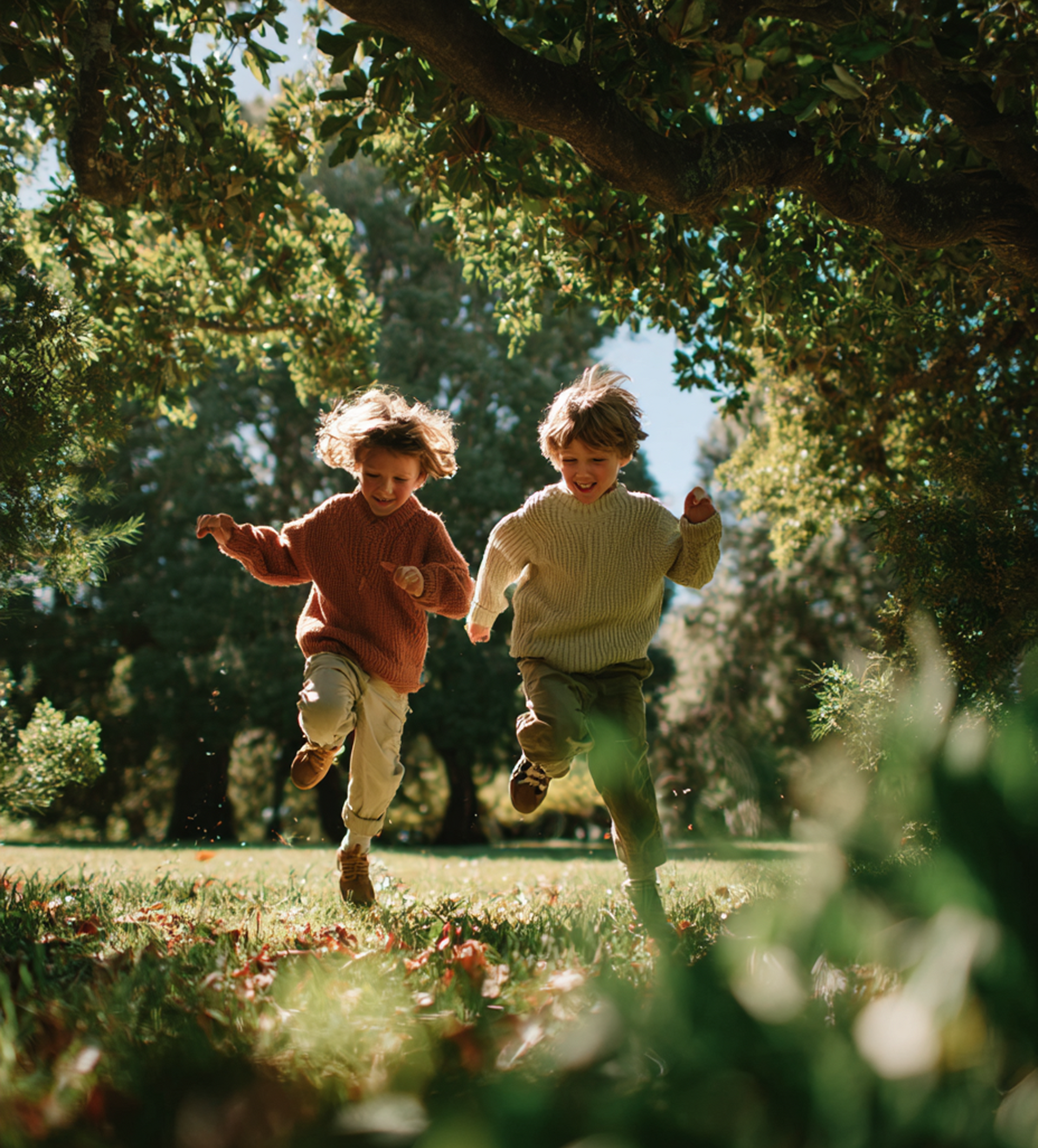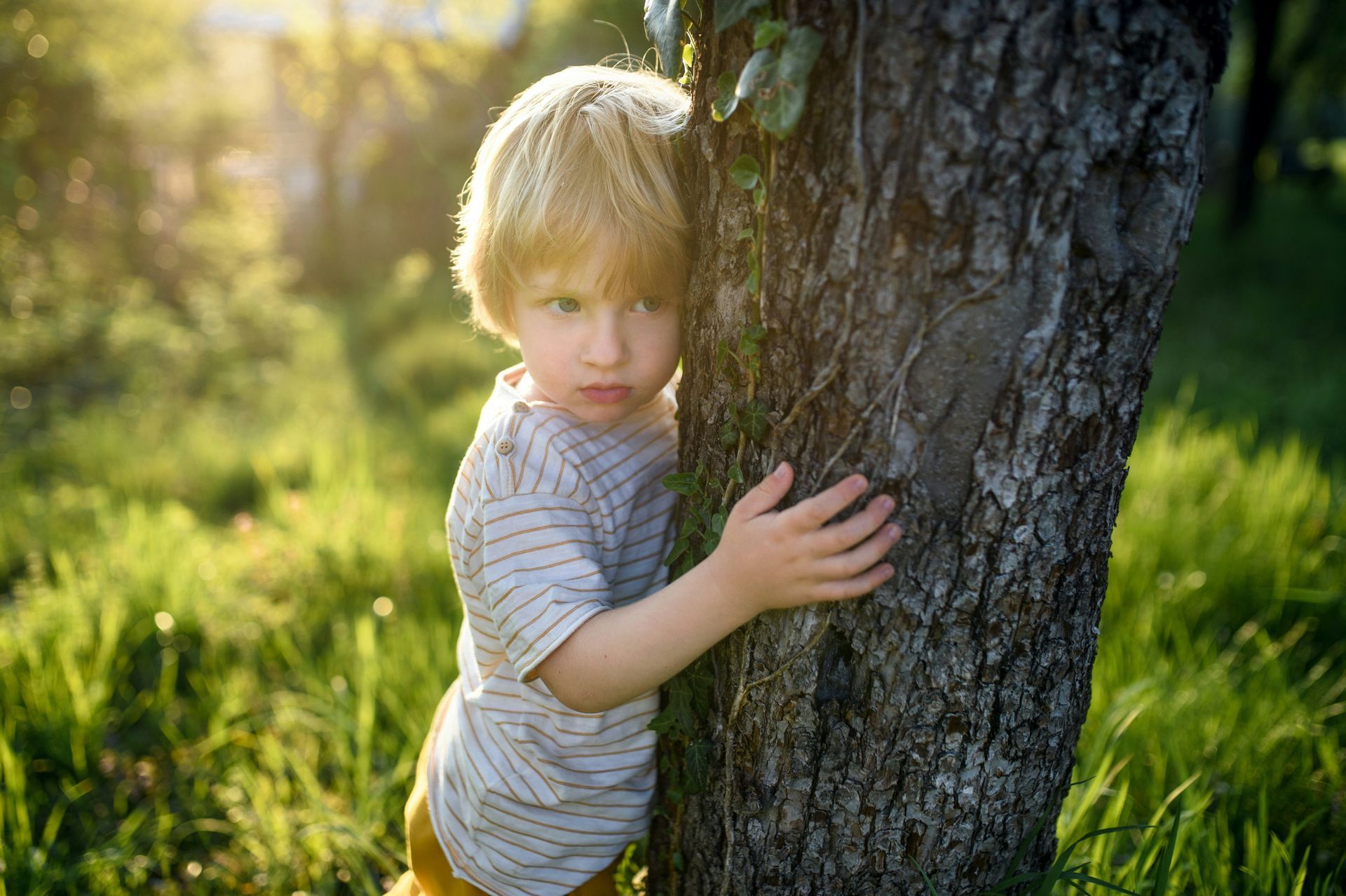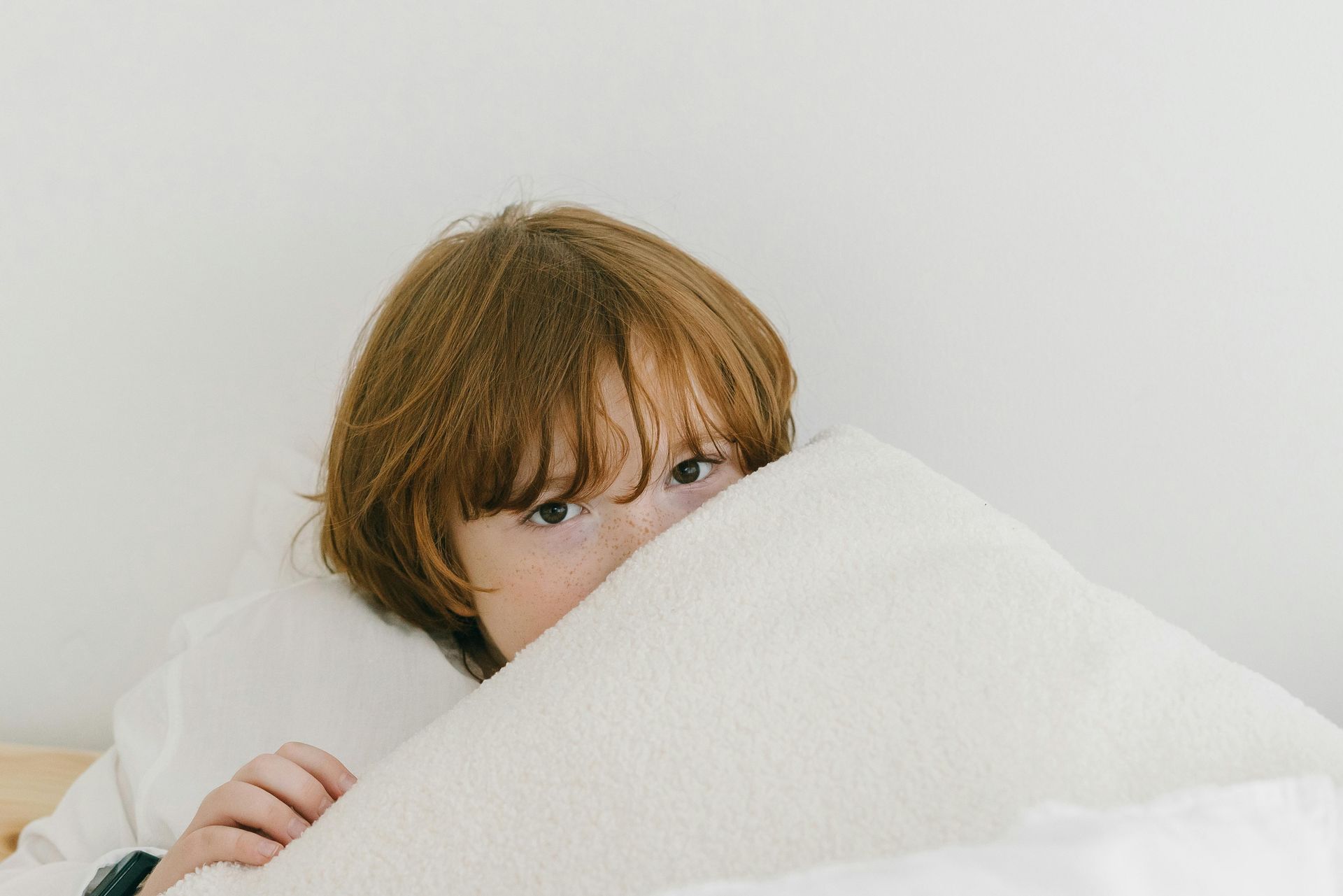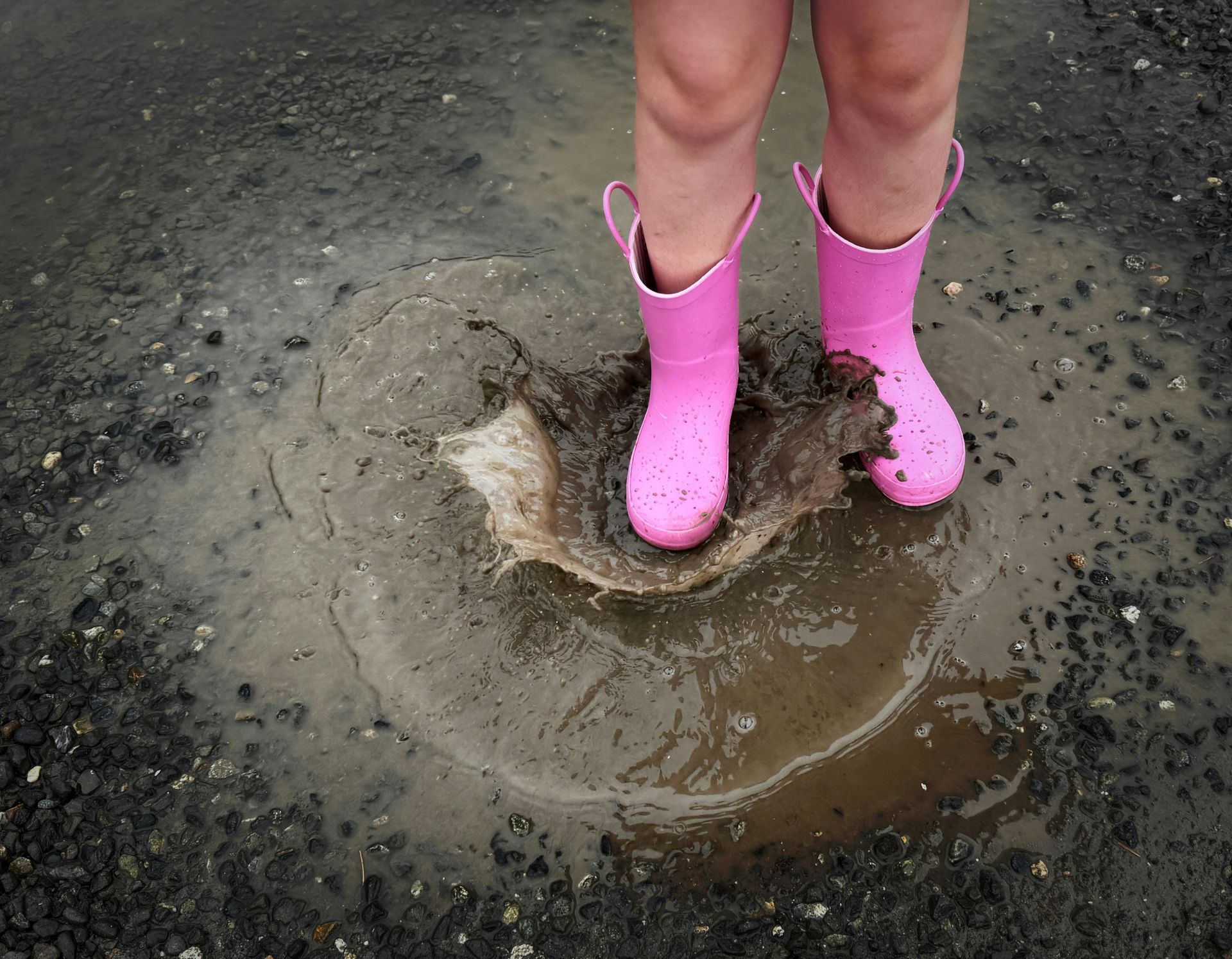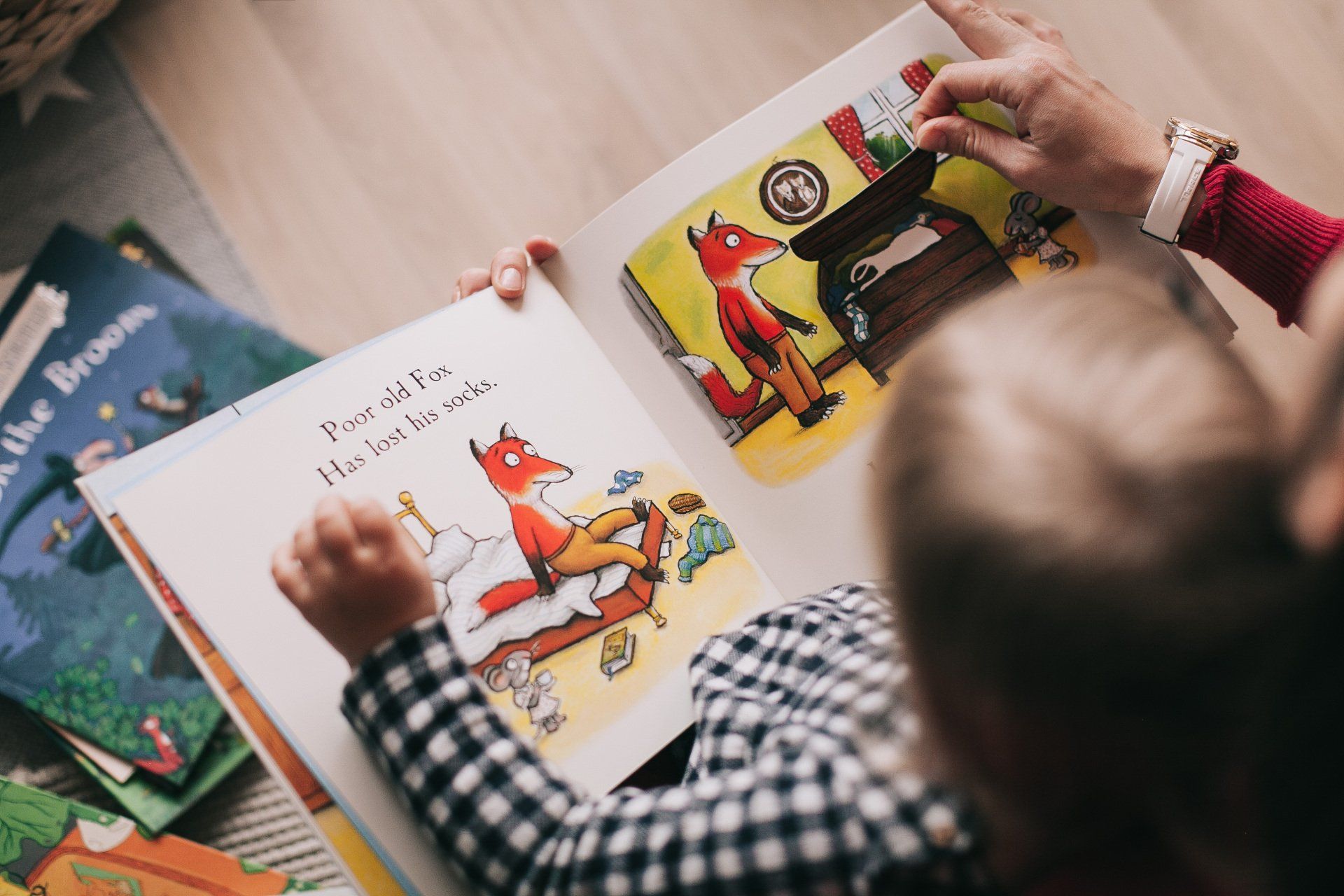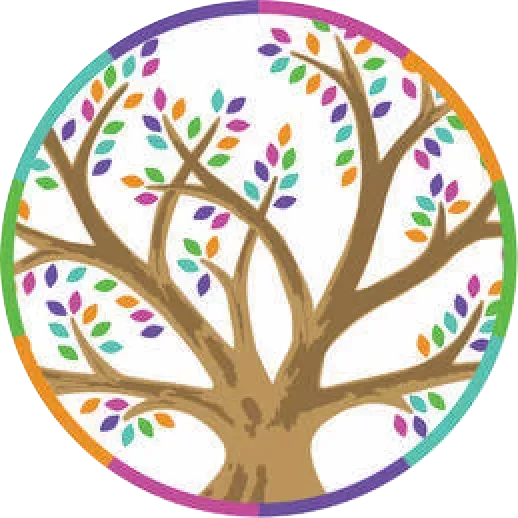What Is Conscious Discipline—and Why Does It Matter at TBOP?
At Temple Beth Or Preschool, our goal isn’t just to help children learn letters and numbers—it’s to help them grow into kind, confident, resilient human beings. That’s why we use the Conscious Discipline approach throughout our classrooms.
You may have heard your child mention “breathing like a star” or “taking a break to calm down,” but what does it all mean? Here’s a closer look at what Conscious Discipline is, and how it shapes the day-to-day experience at TBOP.
What is Conscious Discipline?
Conscious Discipline is a trauma-informed, evidence-based social-emotional learning program that helps children—and adults—build the skills needed to manage emotions, make thoughtful choices, and create a strong sense of community. It was developed by Dr. Becky Bailey and is used in thousands of schools across the country.
At its heart, Conscious Discipline teaches that discipline is not something we do to children—it’s something we teach them. It shifts the focus from punishment and compliance to connection, emotional regulation, and problem-solving.
What Does That Look Like in a Preschool Classroom?
In a Conscious Discipline classroom, you’ll notice a few key things:
- Connection Before Correction: Teachers focus on building strong, trusting relationships with each child, knowing that connection is the foundation for learning and growth.
- Safe Spaces to Calm: Each classroom has a “Safe Place,” where children can go when they’re feeling overwhelmed. It’s not a punishment—it's a tool for self-regulation.
- Language That Empowers: Teachers use language that models empathy, helps children name their feelings, and guides them through challenges rather than controlling behavior with fear or rewards.
- Consistent Routines & Rituals: Visual schedules, greeting rituals, and classroom jobs give children structure and ownership of their day, helping them feel secure and included.
- Problem Solving Together: Instead of “time-outs,” teachers walk children through moments of conflict with empathy and reflection. This helps kids learn how to solve problems, not just that certain behaviors aren’t allowed.
What Kind of Training Do TBOP Teachers Receive?
Our teachers participate in ongoing professional development in Conscious Discipline, including workshops, in-school coaching, and team discussions. They learn not only how to guide children through big emotions, but also how to reflect on their own responses and bring calm, mindful leadership into the classroom.
This training is grounded in neuroscience and child development research—and it supports everything from classroom management to lifelong relationship skills.
Why It Matters for Your Child
When your child is taught through the lens of Conscious Discipline, they’re learning more than how to take turns or say “I’m sorry.” They’re learning:
- How to recognize and manage their emotions
- How to handle conflict with empathy and respect
- How to feel safe, heard, and valued
- How to be part of a caring community
At TBOP, we believe in nurturing the whole child. Conscious Discipline helps us do just that—guiding children with compassion, modeling respectful relationships, and planting the seeds for emotional resilience and inner confidence.
Want to learn more or try Conscious Discipline strategies at home? Let us know—we love partnering with families on this journey.
Recent Posts
